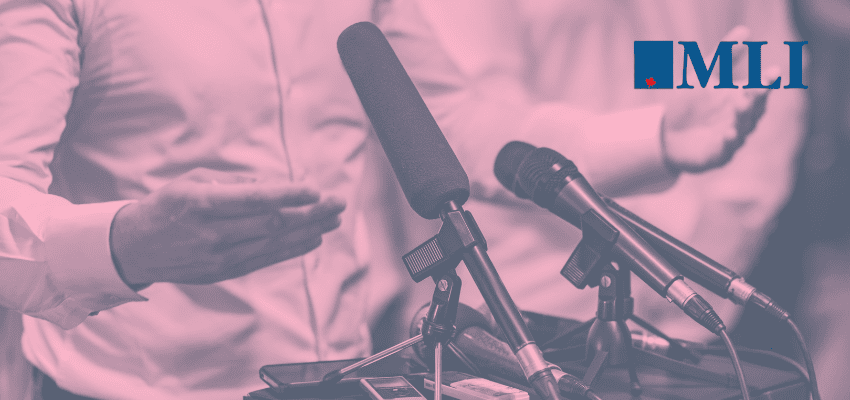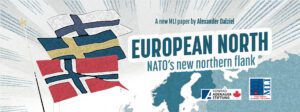This article originally appeared in the Western Standard.
By Balkan Devlen, February 24, 2025
It’s hard to miss the latest political theatre coming from out of Ottawa and from the Liberal leadership race. Suddenly, a whole host of policymakers are touting their new-found passion for everything from energy production to defence spending. Some have even rediscovered pride in Canada’s history after years of calling Canada and its founders all sorts of names.
But make no mistake: this isn’t an awakening or a true change of heart. It’s a desperate attempt to save face — a road to Damascus moment that comes too late and rings hollow in the wake of years of mismanagement.
Consider the parade of promises and new policies from Mark Carney and Chrystia Freeland. Each has recently appeared to take a stand against policies they once championed.
Just a few months ago, they were busy pushing policies that left our economy teetering and our security hanging by a thread. Now, under mounting pressure — including Trump’s absurd threats to turn Canada into the 51st state and incoming trade wars — they’re scrambling to recast themselves as champions of resource development, energy exports, and robust defence.
Can we really be fooled by this sudden change of tune?
Take various Liberal leadership candidates’ recent promises to scrap the carbon tax and speed up energy export infrastructure. These pledges come on the heels of years of Liberal policies that suffocated Canada’s resource sector.
In the defence arena, the story is no different. Liberal leadership hopefuls are racing to one-up each other on their promises to boost defence spending to 2% of GDP. Carney has suggested 2030, while Chrystia Freeland boldly claims she can achieve the target by 2027. Yet, as Finance Minister, Freeland apparently nickel-and-dimed the defence budgets and slow-walked efforts to meet Canada’s NATO commitments.
Even if we suspend our disbelief and grant that some may have suddenly “seen the light,” what does that tell us about their ability to understand and anticipate global trends? For years, experts — from diplomats to journalists and seasoned policy wonks — have warned us about the dangers of underfunding our defence, the pitfalls of half-baked energy policies, and the risks of neglecting continental security. The message was clear: our current path was unsustainable.
Many chose to ignore these warnings until now, as the pressure becomes unbearable.
This reveals a glaring lack of foresight and a pattern of reactive, rather than proactive, policymaking out of Ottawa. Canadians deserve leaders who can see where the world is headed and make tough decisions long before the crisis hits. Instead, what we’ve seen is a series of political flip-flops — a patchwork of policies designed to appease public outrage and international pressure without addressing the root causes of our vulnerabilities.
The irony is stark. While our allies have been urging Canada to step up — to invest in continental security, to secure the Arctic, and to honour our commitments to NATO — the government has been busy cutting corners and sidestepping tough choices. The sudden embrace of stronger national identity and renewed focus on defence spending is plainly less about a genuine shift in values and more about political convenience.
In many ways the current flip-flop is unsurprising. The federal government’s penchant for “announcement as policy” instead of competent implementation has been disastrous for Canada. If a government cannot plan ahead, if it only shifts course when cornered, how can it be trusted to lead us through the turbulent times we face today?
Political leaders across the spectrum should take note: in these uncertain times, as geopolitical upheaval looms larger than ever, we cannot afford such cavalier and politically driven approach to public policy.
It’s time for Canadians to see through the smoke and mirrors. We deserve a government that stands by its principles, one that plans ahead and takes decisive action well before crises erupt. Our nation’s future depends on clear-headed, consistent leadership, not on political gimmicks designed to mask a long history of poor decision-making.
Balkan Devlen is Senior Fellow and Director of the Transatlantic Program at the Macdonald-Laurier Institute.







